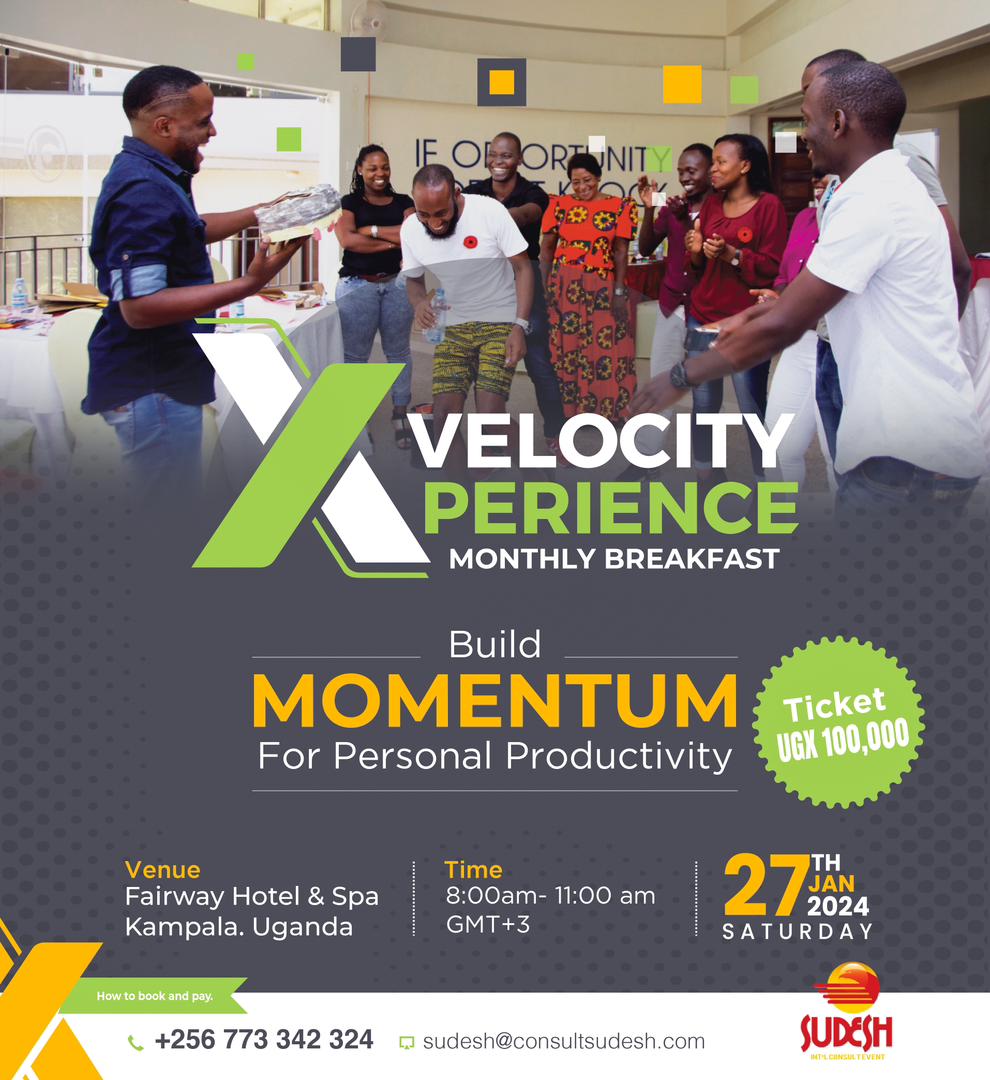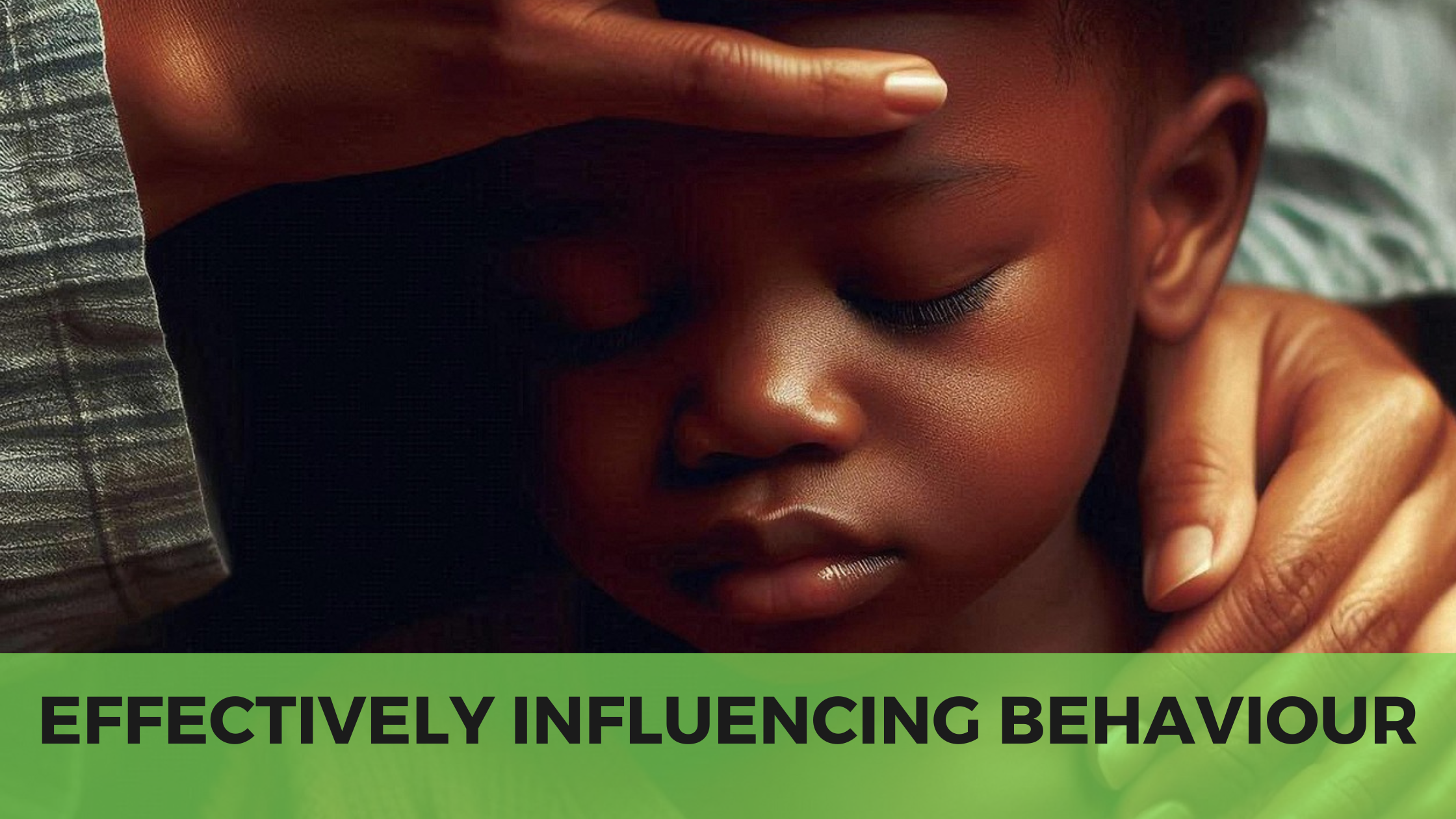Gen Z has been accused of being lazy and soft, always talking about mental health, even when they are told to brush their teeth. Of course, that is a gross exaggeration, but you get the point. I always prefer getting to the root of things before passing judgment because, “Seeing is not believing; believing is seeing! You see things, not as they are, but as you are”, says Eric Butterworth
The new entrants at work are asking: Can we create organizations free of the pathologies that show up all too often in the workplace? Free of politics, bureaucracy, and infighting; free of stress and burnout; free of resignation, resentment, and apathy; free of the posturing at the top and the drudgery at the bottom? Is it possible to reinvent organizations, to devise a new model that makes work productive, fulfilling, and meaningful? Can we create soulful workplaces-schools, hospitals, businesses, and nonprofits-where our talents can blossom and our callings can be honored?
If you are the founder or leader of an organization and you long to create a different workplace, much rides on your answer to that question! Many people around you will dismiss this idea as wishful thinking and try to talk you out of even trying. “People are people,” they will say. “We have egos, we play politics, we like to blame, criticize, and eat free lunch” This is the side of Gen Zs.
The millennials and Gen X are all about formality. They come from a world of formal organization. The formal organization is the organization that is planned and intended by its designers. Prescribed by rules, it is a kind of official blueprint that reflects the social, psychological, and administrative assumptions of the designers. Formal organizations are governed by purpose, specialization, coordination, order, authority, uniformity, replaceability, compensation, technology, signs, and symbols.
In the formal world, bureaucracy is the preferred model of governance. Bureaucracy is a system of law more than man. It’s the rules of contingencies. Obedience is assured through the appointment of technically gifted supervisors who administer the law with precise and cold impartiality. There is a chain of command that everyone follows.
Whatever I have written about formality doesn’t vibe with the newbies at work. They prefer the casual stuff. It is rooted in informality. The term informal organization refers to the unplanned, informal set of groups, friendships, and attachments that inevitably develop when people are placed in regular proximity to one another. These relationships, which grow out of the personal needs of members, are not fully accounted for by the formal organization; in fact, they are sometimes designed to protect the members from the demands of the formal organization.
Studies have shown that informal organizations are 30 percent more productive than their formal counterparts. Their groups adopt leaders, there is mutual encouragement, dependency, and a culture easily forms.
Conflict: The behaviors and sentiments that constitute this informal aspect of the organization have no place in the formal plan. Officially, they do not exist. Yet these relationships have a significant effect on the total organizational effort—sometimes to the great chagrin of administrators.
Usually, when Sudesh Int’l Consult is called into a Company with a leadership problem, diluted culture, and productivity, it is because formal and casual and out of balance. Having too much formality and it feels like a prison, toxic and militaristic. Conversely, having too many casual tendencies and leaders feel like they are losing purpose. “This is a business, not a resort,” they remark.
My take: The two extremes have their relevance. Extreme formality is ideal for highly driven organizations like intelligence organizations. Extreme informality is ideal for social groups. But if you want to turn your business into an enduring great Company, then strike a balance; have enough formality for clarity of purpose and informality to harness the individual potential of the people you are building the dream with.
PS: Thank you for coming out in big numbers at our recent Master Class. We have the last one on 20th September 2025. Details to follow.









2 thoughts on “Vibe Check: Formal vs. Casual”
WOW!
This is very key! I appreciate the fact that there should be balance between the formal and informal to drive productivity.
It reechoes the fact that we are relational and logical beings whose effectiveness requires both the IQ & EQ, the relational and technical aspects rightly blended & juggled in the marketplace.
Thanks Emma